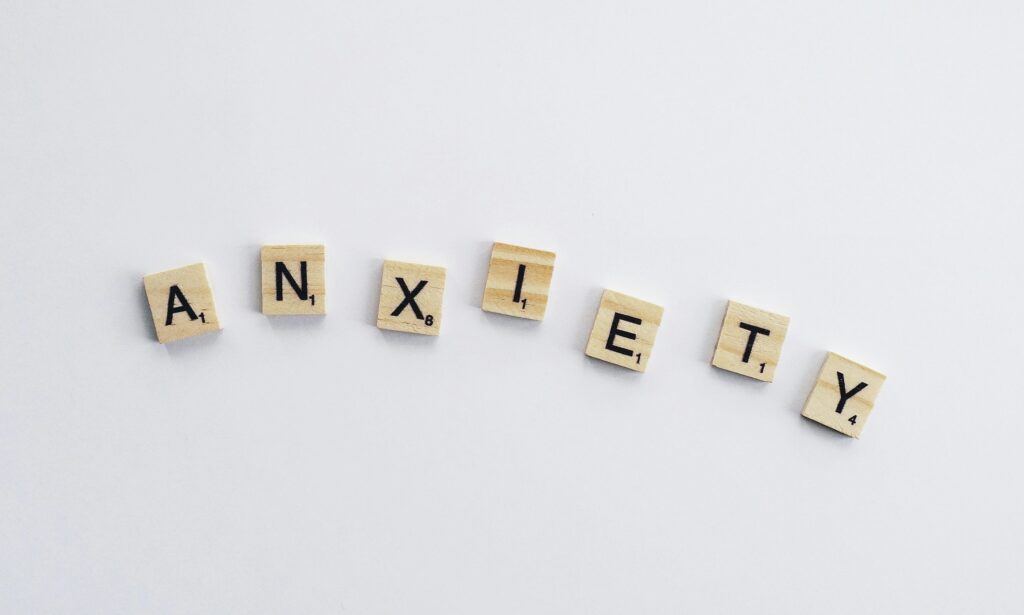
Did you know that anxiety disorders are some of the most common types of mental illness in the United States? An estimated 40 million adults over the age of 18 deal with anxiety every year, which equates to about 18.1 percent of the population. Anxiety can manifest in many different ways, depending on the person and the circumstances surrounding the disorder. For some, anxiety means nervousness, worry, and self-doubt, whereas others deal with overwhelming feelings of dread.
Those who have never dealt with anxiety can have a difficult time understanding what people who do have anxiety are going through. Numerous factors may contribute to a person’s anxiety, from high stress levels to relationships, work, school, and social networks.
What is Anxiety?
Anxiety is part of our body’s natural defense system. It acts as a warning system that communicates to you that something just isn’t right. When this occurs, the body responds by releasing adrenaline and increasing blood flow. This is your body’s “fight or flight” syndrome. While anxiety is a natural function of the body, it can become a problem when it occurs too often and affects our ability to function properly.
Generally speaking, anxiety can present itself as a vague sense of worry, stress, or even through physical symptoms, such as:
- Social shyness
- Irritability
- Negative thinking
- Lack of motivation
- Sleep disturbance
- Endless to-do list
- Fear of speaking in public or standing up for yourself
- Heart palpitations, sweaty palms, dizziness
- Constant worry
- “Looping” thought patterns
Anxiety presents itself in many different ways, like social anxiety disorder, a particular phobia, obsessive-compulsive disorder, panic attacks or panic disorder, chronic worry, and generalized anxiety disorder. While stressing and worrying are normal, excessive and uncontrollable worry that often dominates your days may be an indication that you are suffering from anxiety. It is also common for someone who is dealing with anxiety to suffer from depression and other associated mental illnesses.
This is where a therapist can help. Talking to a therapist and trying to get to the root of what is causing your anxiety is one of the best ways to move forward and find the right solution for you. Here at Lifeworks, we offer a range of individualized counseling services that aim to help you find the right tools to deal with the demands of life.
If you are dealing with anxiety and aren’t sure what the next step is, please contact Lifeworks today. Our anxiety counselors would be happy to meet with you and help you find the right solution for your particular needs.
Feel free to reach out for support and guidance as you navigate through anxiety. Remember, you are not alone in this journey towards better mental health and well-being.




